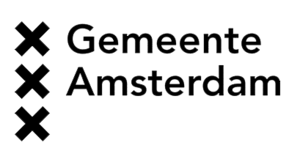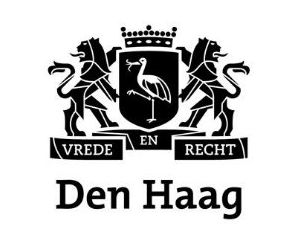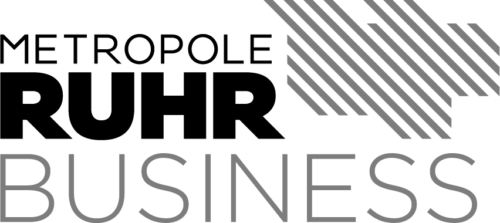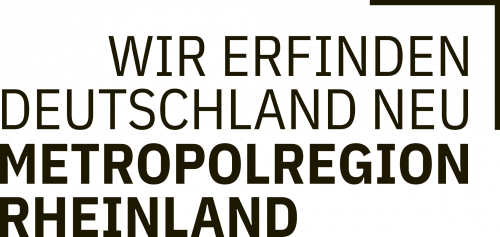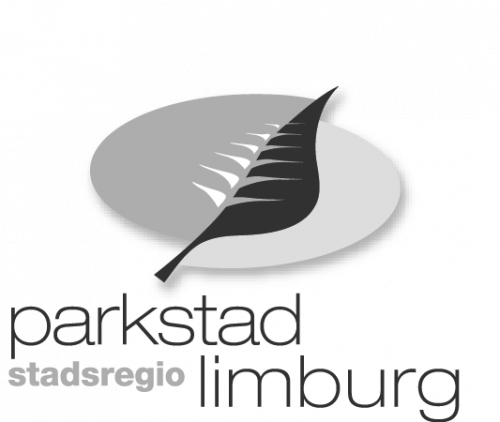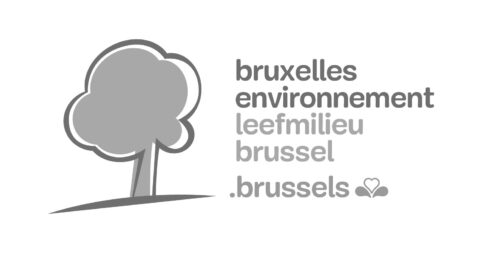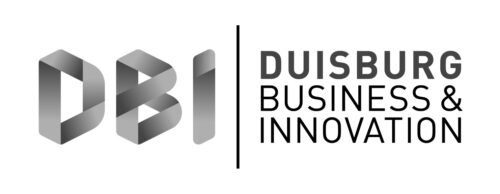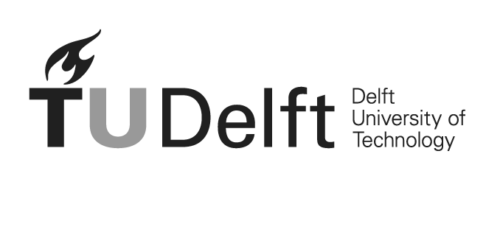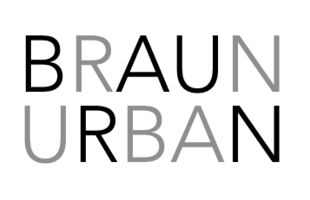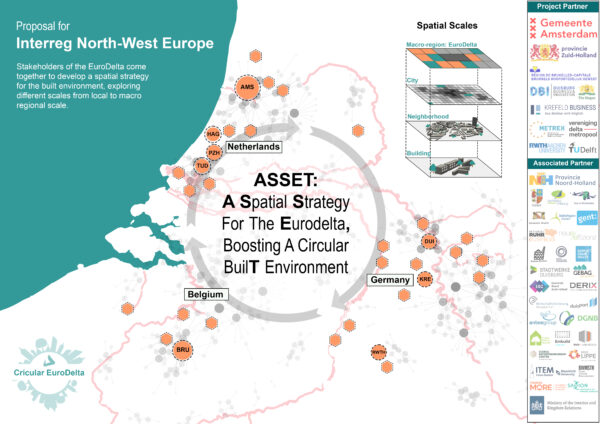
SURE EuroDelta partners submit Interreg NWE research proposal to explore how a spatial strategy for the EuroDelta can create a circular built environment.
A circular built environment (CBE) comes with new demands for space – circular building hubs, storage spaces for reused materials, for sorting, and for developing biobased materials, etc. This transition adds to the already substantially large spatial claims of the energy transition, climate adaptation and regeneration of biodiversity.
However, this topic is largely unknown territory: policymakers are only beginning to realize the far-reaching spatial implications of a truly circular built environment. The SURE EuroDelta partners have submitted a research project proposal for the Interreg NWE program under the name ASSET: “A Spatial Strategy for the EuroDelta, boosting a circular built environment” to explore this new field.
The project partners are aiming to explore these implications, in particular how the EuroDelta region (the Rhine, Scheldt and Meuse delta conurbations including the Randstad, Brussels and Rhine-Ruhr area) can become a blueprint for a European CBE region, with its population density, proximity and accessibility (important for closing loops), and many construction activities already crossing the borders of jurisdictions within the EuroDelta. proposal for the Interreg NWE program under the name ASSET: “A Spatial Strategy for the EuroDelta, boosting a circular built environment” to explore these questions.
The ASSET Project led by the City of Amsterdam, includes the following project partners: Brussels (Brussels Perspective & Brussels Environment), TU Delft, RWTH Aachen, Krefeld Business, Duisburg Business & Innovation, The Hague, Province of South Holland, METREX network and Deltametropolis association, supported by many local, regional and national associated partners from the public and private sector.
If approved, the project will start in December 2023 for a duration of 1,5 years. In the meantime, monthly lunch lectures on the theme of circular economy are taking place typically on the last Friday of the month, to learn from existing initiatives in this field and inspire each other. The lectures are freely accessible, and recordings o earlier sessions, ia on biobased building materials, digital tools for circular deconstruction, and ‘circulaw’ can be found here.
Project Summary:
A circular built environment (CBE) comes with new demands for space – circular building hubs, storage spaces for reused materials, for sorting, and for developing biobased materials, etc. This transition adds to the already substantially large spatial claims of the energy transition, climate adaptation and regeneration of biodiversity.
However, this topic is largely unknown territory: policymakers are only beginning to realize the far-reaching spatial implications of a truly circular built environment. The partners in this project are aiming to explore these implications, and in particular how the EuroDelta region (the Rhine, Scheldt and Meuse delta conurbations including the Randstad, Brussels and Rhine-Ruhr area) can become a blueprint for a European CBE region, with its population density, proximity and accessibility (important for closing loops), and many construction activities already crossing the borders of jurisdictions within the EuroDelta.
The ASSET, project aims to develop a spatial strategy for a CBE in the EuroDelta. It supports the partners to establish a jump in scale from the urban/regional level to a larger macro-regional spatial perspective. Project partners will review their local strategies to exploit interregional synergies. As a result of ASSET, the partners will gain new insights into the current -largely unknown- spatial challenges of a CBE, and will have identified the potentials offers interregional collaboration.
The insights will find their way into the local circular policies, paving the way for concrete actions and structural cooperation in the EuroDelta. The outputs of the project – spatial design principles, practical ideas, actions, best practices – will be widely shared in European regions and cities. We start by mapping the state-of-the art and learn from each other’s best practices during a study trip. This will reveal an initial first understanding of the limitations of local/regional CBE strategies and point us towards possible solutions on an interregional and EuroDelta level.
Next, the city and regional partners are to organize local workshops with relevant stakeholders, in which derive spatial design principles are to be derived, as well as but also explore concrete actions to improve the local circular strategies within a macro-regional context. The research partners within the consortium will provide scientific support. Student workshops and university courses will be held to generate fresh perspectives.
Finally, the building blocks are brought together in a 3-day workshop in which partners and associated partners jointly develop a strategy for a CBE on the level of the EuroDelta.
For more information contact: Dagmar Keim, Team New Challenges, Sustainability and Urban planning, City of Amsterdam d.keim@amsterdam.nl
